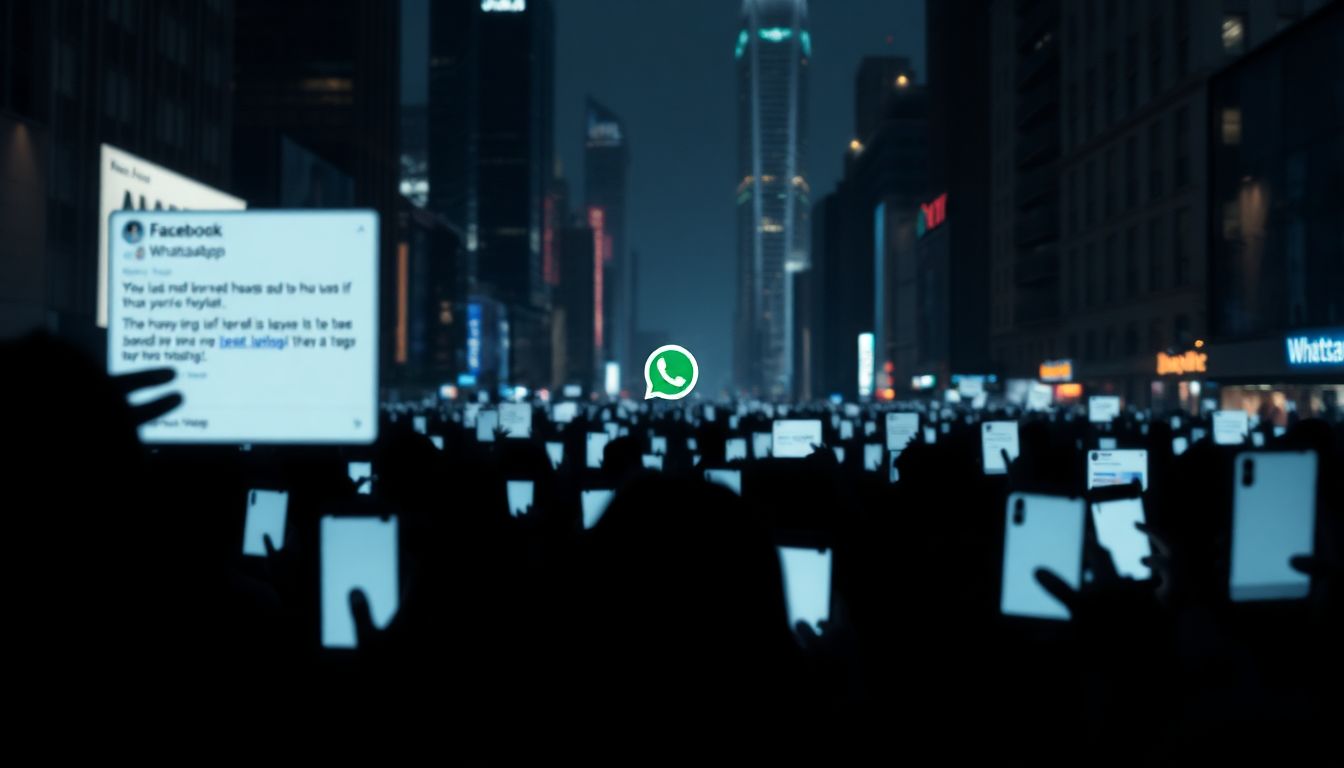Facebook, WhatsApp, Instagram Outage: What Happened and What to Expect

The recent outage of Facebook, WhatsApp, and Instagram shook the world. Millions of users faced a sudden disconnection from friends, family, and businesses. The disruption lasted several hours, causing frustration and concern among users and companies alike. This article will explore the timeline of the outage, its causes, and the impact on users and businesses while providing insights into preparing for any future disruptions.
The Timeline of the Outage
Initial Reports and Impact
On October 4, 2021, reports of the outage began rolling in around midday. Users started experiencing issues, posting complaints on platforms like DownDetector. Early signs indicated problems with logging in, sending messages, and updating feeds.
Escalation and Global Reach
Within hours, reports of the outage surged globally. Users across Europe, North America, Asia, and beyond found themselves unable to access their favorite social media apps. Statistics from DownDetector show that over 60 million users reported issues at the peak of the outage.
Restoration Efforts and Official Statements
Facebook acknowledged the problems by issuing statements throughout the day. The company confirmed the disruptions were not due to a cyberattack, but rather technical difficulties. Full restoration began within several hours, with services returning gradually.
Causes of the Outage: A Deep Dive
Technical Failures and Infrastructure Issues
Many experts pointed to possible technical glitches within Facebook's infrastructure. Server overloads and routing issues were highlighted in numerous reports.
Domain Name System (DNS) Problems
The Domain Name System (DNS) plays a crucial role in internet connectivity. When DNS fails, users can’t access apps properly. Issues related to DNS were speculated to be a contributing factor in this major outage.
Internal Routing Errors
Internal routing errors can create significant issues for online platforms. Misconfigurations within the network caused disruptions at critical points in Facebook's system, leading to the widespread outage.
Impact on Users and Businesses
Disruption to Communication and Social Interaction
The outage had a profound effect on personal communication. Users turned to alternative platforms and shared their experiences widely. Many expressed frustration over losing contact with friends and family.
Financial Losses for Businesses
Businesses relying on these platforms faced potential losses due to downtime. Some companies reported a drop in sales and engagement. Estimates suggest losses ran into millions as marketing and communication strategies were stalled.
Broader Implications for Digital Infrastructure
Experts warn that such outages highlight vulnerabilities in digital infrastructure. The need for better reliability and enhanced resilience is evident, as these platforms are integral to daily activities.
Lessons Learned and Future Prevention
Importance of Redundancy and Failover Systems
Redundancy and failover systems are vital in preventing future outages. These strategies can ensure that services remain operational even when issues arise.
Improved Monitoring and Alert Systems
Proactive monitoring is essential. Effective alert systems can help identify potential issues before they escalate, providing companies time to react.
Strengthening Cybersecurity Measures
Security vulnerabilities could also play a role in outages. Platforms must enhance their cybersecurity to protect against potential threats and strengthen overall system resilience.
Preparing for Future Outages: Actionable Tips
Diversifying Communication Channels
Users should consider utilizing multiple messaging platforms. Keeping in touch can be more reliable if you’re not dependent on one service.
Implementing Business Continuity Plans
Businesses need actionable steps for future outages. Continuity plans can mitigate disruptions and help maintain operations during service interruptions.
Staying Informed about Service Disruptions
Reliable information is key during outages. Follow trusted news sources and consider using outage monitoring tools that provide real-time updates.






No comments: